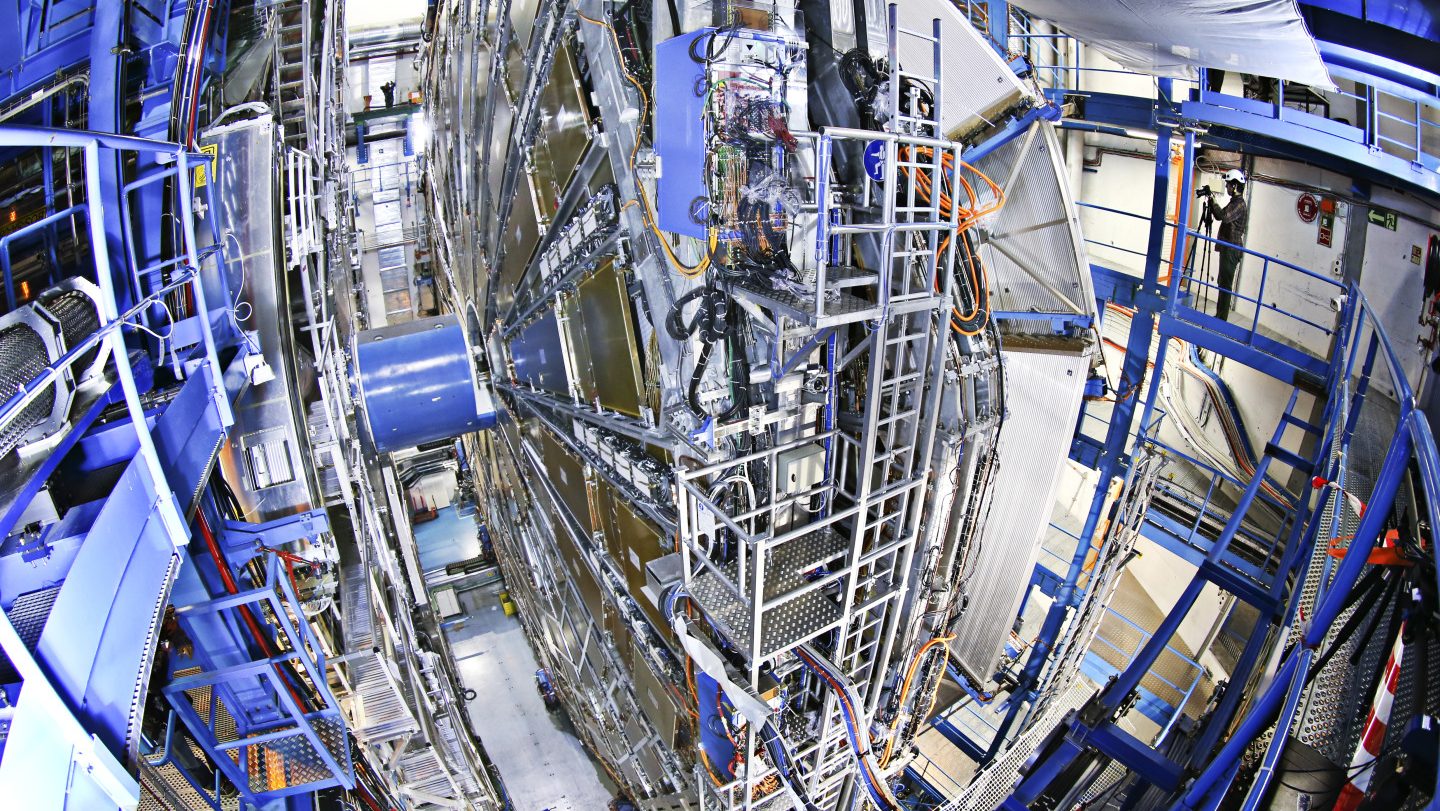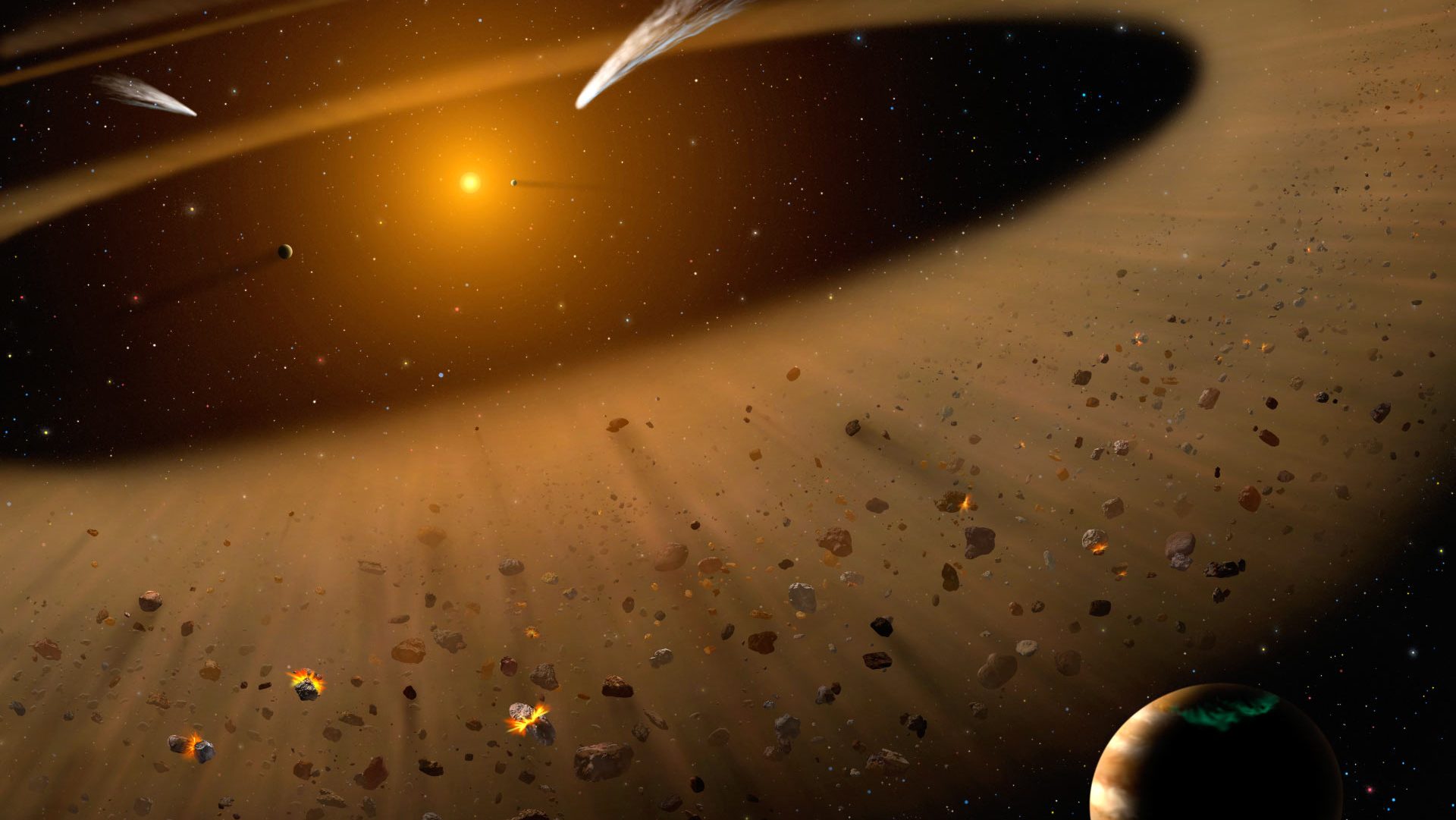NYC Earthquakicane Armageddon: Random distibutions and the folly of correlation

This week got me thinking – what are the chances that New York City could experience shaking from > M5 east coast earthquakeand potentially be struck by a Category 2-3 hurricane in the same week? I have no idea how to do that math – but I would venture to guess that the chances are very, very small (like ‘being killed by a banana that was dropped from a zeppelin’ small).
So, if we’re having two major events in the same week – earthquake and hurricane – how come nobody is trying to claim that they are related (well, nobody yet) to create an “earthquakicane”, but there are people trying to say that earthquakes on different sides of the continent (and planet) are directly related? I mean, what are the chances that we would have a > M5 earthquake in southern Colorado and in northern Virginia on the same day? That has to be related, right? Correlation means causation!

The answer to that is a very likely “no.” We’ve talked about this before, but I think this week shows how easily the human mind tries to make correlations* between like events that are, for the most part, distributed randomly and doesn’t make that same connection between unlike events. I mean, unless you believe in HAARP nonsense or that the government is hiding the 2012 evidence, you would never think that a hurricane and earthquake were causally related, so why the jump to think that earthquakes thousands of miles apart would be related? I’m not sure, beyond the idea that humans love to put things in order – so why not lump earthquakes together? (Oh yeah, and we’re having more earthquakes, right?)
The next time we have a clustering of earthquakes around the globe, or a few volcanic eruptions in close temporal proximity, remember the NYC hurricane-earthquake week of 2011. Random distributions can cause clustering just as easily as it can cause quiet times. Armageddon it ain’t.
* By correlation here, I mean the idea that “A leads to B because they are close in time/space”, so I am wrapping the whole causation and correlation loop together. I’m find with correlation, it is the attribution of causation that requires exceptional proof.
Top left: Hurricane Irene seen on August 23, 2011.





